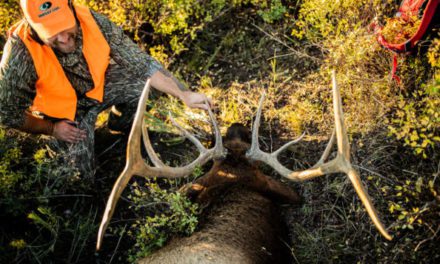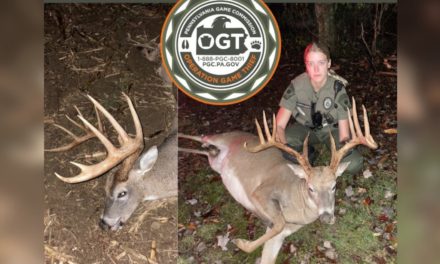Maybe it’s because I am a lifelong Nebraskan with deep farm roots. Maybe it’s because I am a person with an outgoing, assertive personality who thoroughly enjoys interacting with people. Maybe it’s because of what I do for living and my employer. Maybe it’s because I am pride myself on being a legal hunter as well as an ethical hunter. Maybe it’s because I work at it. I don’t know for sure.
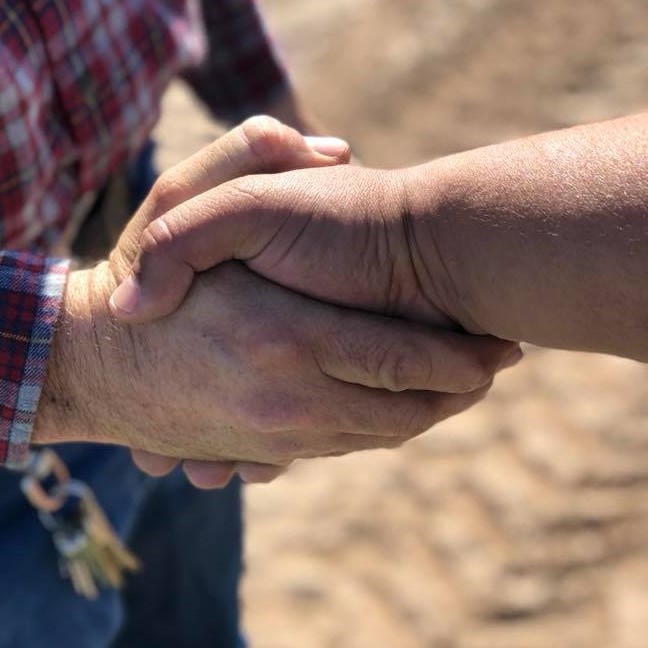
But honestly, I have never had difficulty obtaining and maintaining permission to hunt on private land with good habitat and abundant game. I feel the quest for private land access to hunt is simply part of the overall hunting experience itself, although it is one of paramount importance in a state such as Nebraska where 97 percent of the land is held in private ownership.
Over the years, I’ve developed numerous personal bonds with landowners that have gone far, far beyond my interest in hunting. These landowners have actually become “family!” I have attended their graduations, weddings, anniversaries, funerals, etc. and get this, me and my family are even invited to pick fresh sweet corn from some of their fields about the first of August!
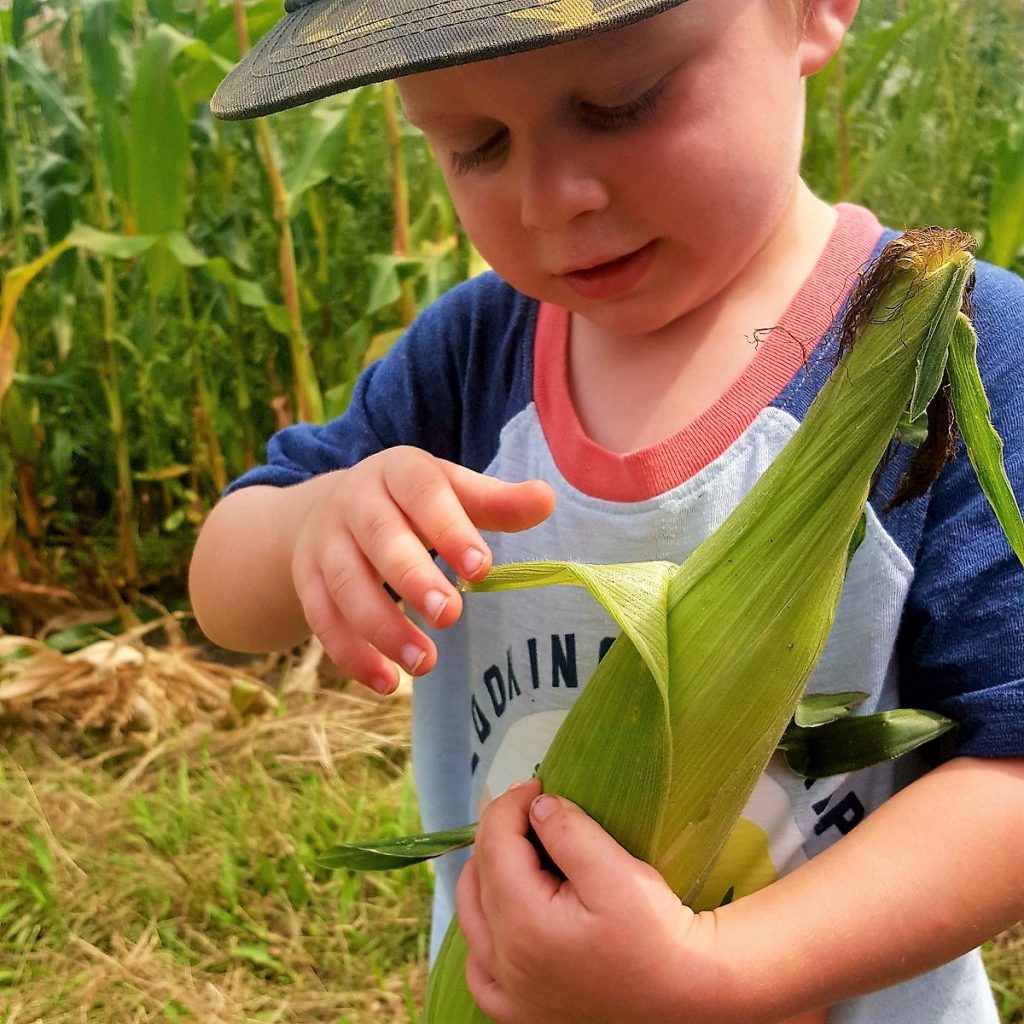
However, don’t get me wrong, I fully realize that one of the biggest obstacles to hunters these days is getting permission to hunt private land. It certainly is not an easy task. In fact, it can be downright daunting. A distant memory are the good ole’ days when the ends of weedy fence rows did not have ‘No Hunting’ signs posted and the leasing of property for hunting rights wasn’t considered other than for waterfowl.
Though quite challenging, it is not impossible to find a place to hunt game animals and birds on private property. Expect to put forth a great deal of effort. When analyzed, nearly all of the methods to obtain permission to hunt private land are based on one factor, you, and more specifically, your personality. You are going to have to make a good initial impression and really sell what you want to do.
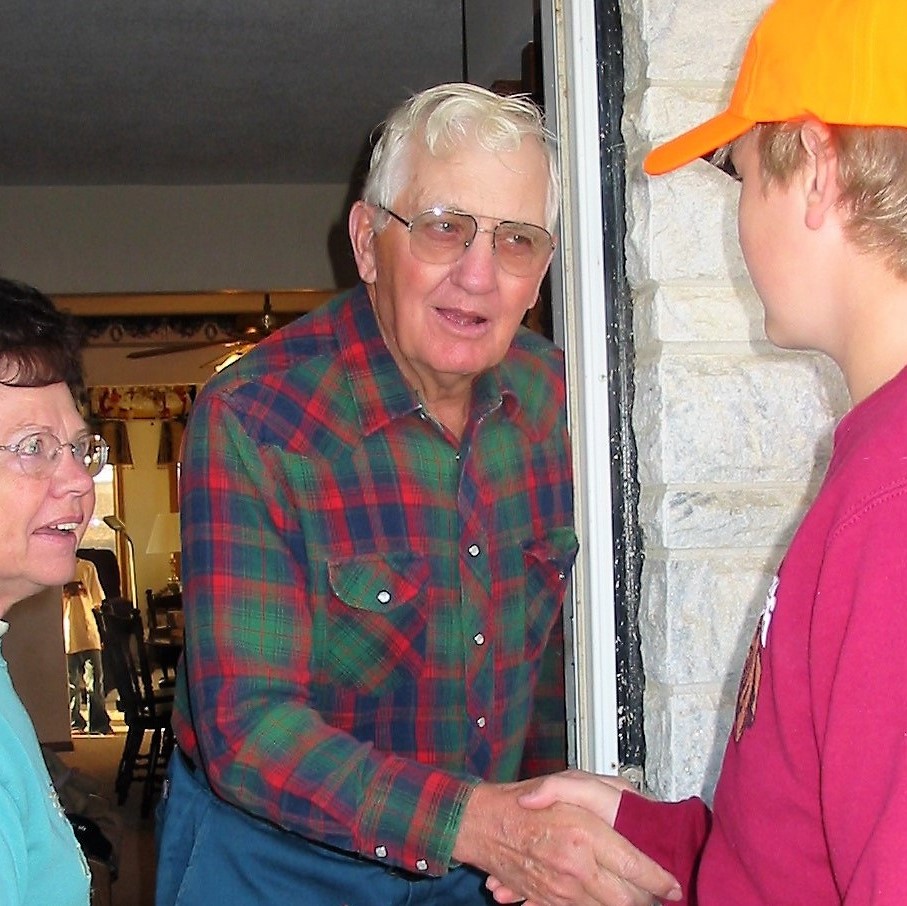
Here are a plethora of tips to greatly assist you with attempting to get permission to hunt on private land:
- Connections to landowners. Knocking on doors randomly is a difficult way to get permission to hunt on private land. It is best to have some leads and references. Chances are someone in your family, among your friend group, in your circle of co-workers or conservation organization, knows a rural Nebraska landowner and may even call ahead to tell them that you will be contacting them. The bottom line here: Network!
- Face-to- face, no large groups. No phone calls, no emails, no letters, no Snapchat, no social network messaging. Find out who owns a particular piece of property at the county court house from the assessor’s office, or by looking through a plat book at the register of deeds office. Plat books can provide the name of the landowner, or the assessor’s office can provide the landowner’s address. Then, you’ll need to drive out, knock on the door, and meet that large acreage owner, farmer or rancher in a direct, face-to-face way! These ‘salt of the earth’ folks want to meet and get to know you in person! Consider it like a job interview, but without the suit and tie, of course. Take youth along to be part of the experience but do not show up with a several people, multiple trucks and a bunch of dogs and expect to gain hunting access. Most landowners dislike more than a couple hunters in one vehicle arriving on their property. And, don’t forget, permission to hunt on land one year does not automatically allow you to hunt there the following year. Always contact the landowner each year to ensure you are still allowed to hunt.
- Get off the beaten path! Generally, the further away you travel from major towns and cities in Nebraska, the better chances you’ll have at getting onto private land to hunt. This is especially true in eastern Nebraska where most of the population resides. In addition, make it a point to get off of the paved main highways and take to the gravel county roads plus the rugged, unimproved minimum maintenance roads for increasing your odds to find private land to hunt.
- Appropriate times. It’s generally not a good idea to try to contact landowners during meal times, Sunday morning church periods, fall harvest, calving season or during a Husker football game. Approach landowners when they are easily accessible (e.g. maybe mending fence along a field edge near a road) on nice, sunny days. Folks tend to be in a better moods on sunny days, and may be more receptive to letting you hunt their land. Allow enough time to chat, too. A conversation can help you learn a lot about the surrounding area as well as game numbers and movements. Remember, go in advance of your hunting trip to talk with landowners.
- Dress and drive for success. Shower, dress in clean, normal clothing, look presentable and relatable, but not formal (no hunting clothing either, please). Showing up in a clean vehicle is crucial, too! To a landowner, a truck covered in mud means “this guy is gonna be off-road tearing up my fields!” A negative impression can be formed before you ever turn off the engine of your vehicle.
- ID card/hunter education certificate. Carry homemade index cards with your personal information on them to hand to the landowner well as proof that you’ve successfully completed a firearm hunter or bowhunter education course. Landowners want to know who is on their property, if they are safe hunters and how to contact them if necessary. This is also important if the landowner initially declines your request to hunt but reconsiders at a later time or knows of another landowner, perhaps a neighbor, to whom they can provide your information.
- Discussion topics. When visiting with our large acreage owners, farmers and ranchers, be prepared to talk about topics such as weather, hay, crops, grain commodities, livestock (cattle) prices, Conservation Reserve Program (CRP), wildlife, land goals and yes, even some local issues and politics. Don’t forget that it is most important to be an active listener during these discussions. Also, opposite the hunting seasons, stop by for an occasional chat!
- Gestures of appreciation. In many cases hunters may want to offer a service or assistance with farm or ranch chores. Help a farmer or rancher fix fence, put up hay, separate cattle, work on buildings, paint sheds, split firewood, pick up trash, etc. Suggest the use of skill sets you possess.Tell them you’ll report any things you see damaged or that are in need of repair on the property. A gift card to a farm and ranch supply store, colorful fruit basket, box of thick, lean Nebraska beef steaks or even a one-year subscription to the award-winning NEBRASKAland magazine are wonderful gestures that many rural Nebraska landowners appreciate. Also, consider sharing some your game harvested. Bring a roll or two of venison summer sausage or a package of wild game jerky to give to the landowner. By the way, always include a handwritten a note of thanks and a nice photo of their rural property for granting you a special day on their land.
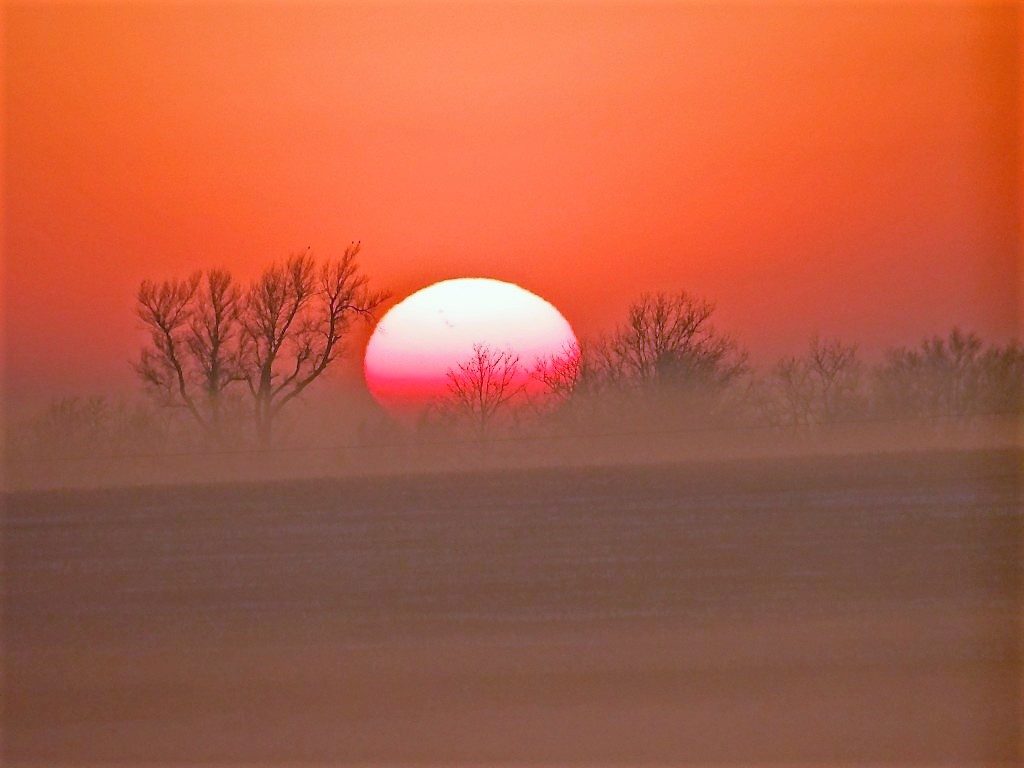
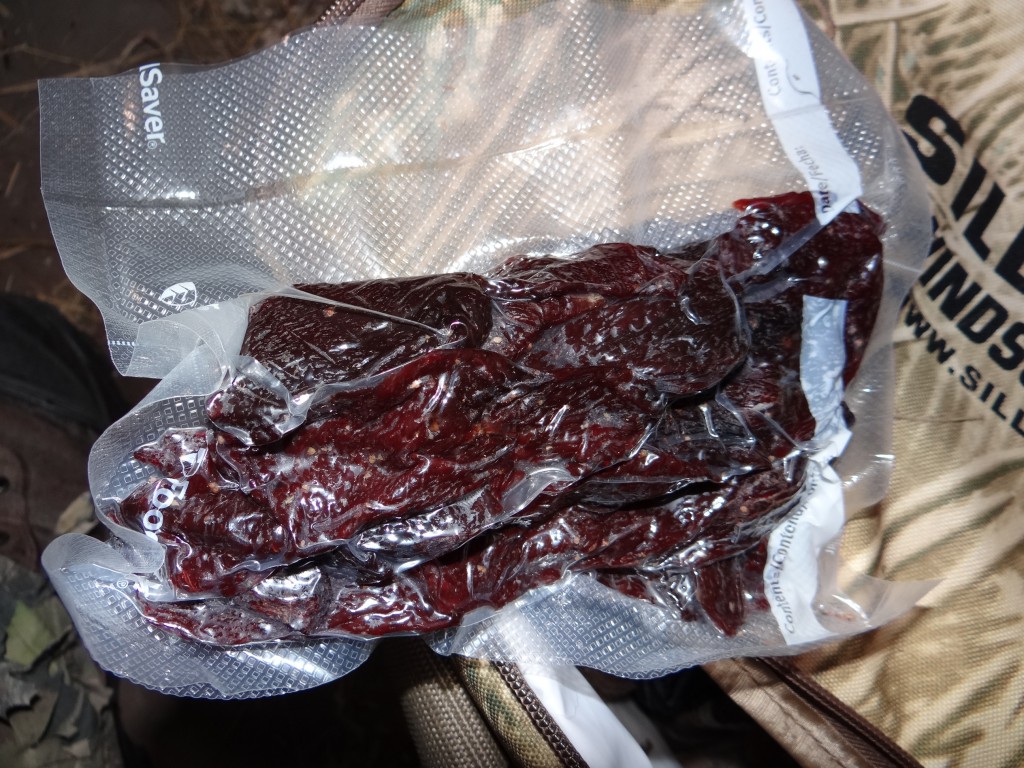
- Be yourself, be courteous and don’t fear rejection. When visiting with the landowner, always be friendly, polite, respectful, honest, confident and forthright with information, but most of all BE YOURSELF (don’t sugar coat things because Nebraska farmers and, ranchers can smell “bull” from a mile away!). If a landowner says no to hunting, thank him or her for their time, and be on your way! Rejection is part of this process, and the point is nothing ventured in life is nothing gained! Keep in mind, too, that first meetings matter! You may have only a couple of minutes to chat, so know what you are going to say in advance of your conversation.
- Be flexible. The more flexible you are, the more flexible a rural landowner will be with allowing you to hunt. Perhaps you cannot hunt certain weekends when the landowner’s relatives will be in the field. Perhaps you cannot go in a certain area of the property because others already have permission to hunt it. Perhaps it is archery only.
- Offer to hunt other species. It is often better to ask a landowner to hunt predators such as coyotes or furbearers such as raccoons, or even abundant small game animals such as cottontail rabbits and fox squirrels. Most landowners do not have the time to thin out dense populations of these animals that may be causing problems but are eager to have their numbers reduced. Chances are if you are effective, they’ll extend the privilege to hunt desired game animals and birds. Furthermore, where white-tailed deer numbers are substantial and causing crop damage, another way to be esteemed by landowners is to ask to hunt white-tailed does (antlerless white-tailed deer).
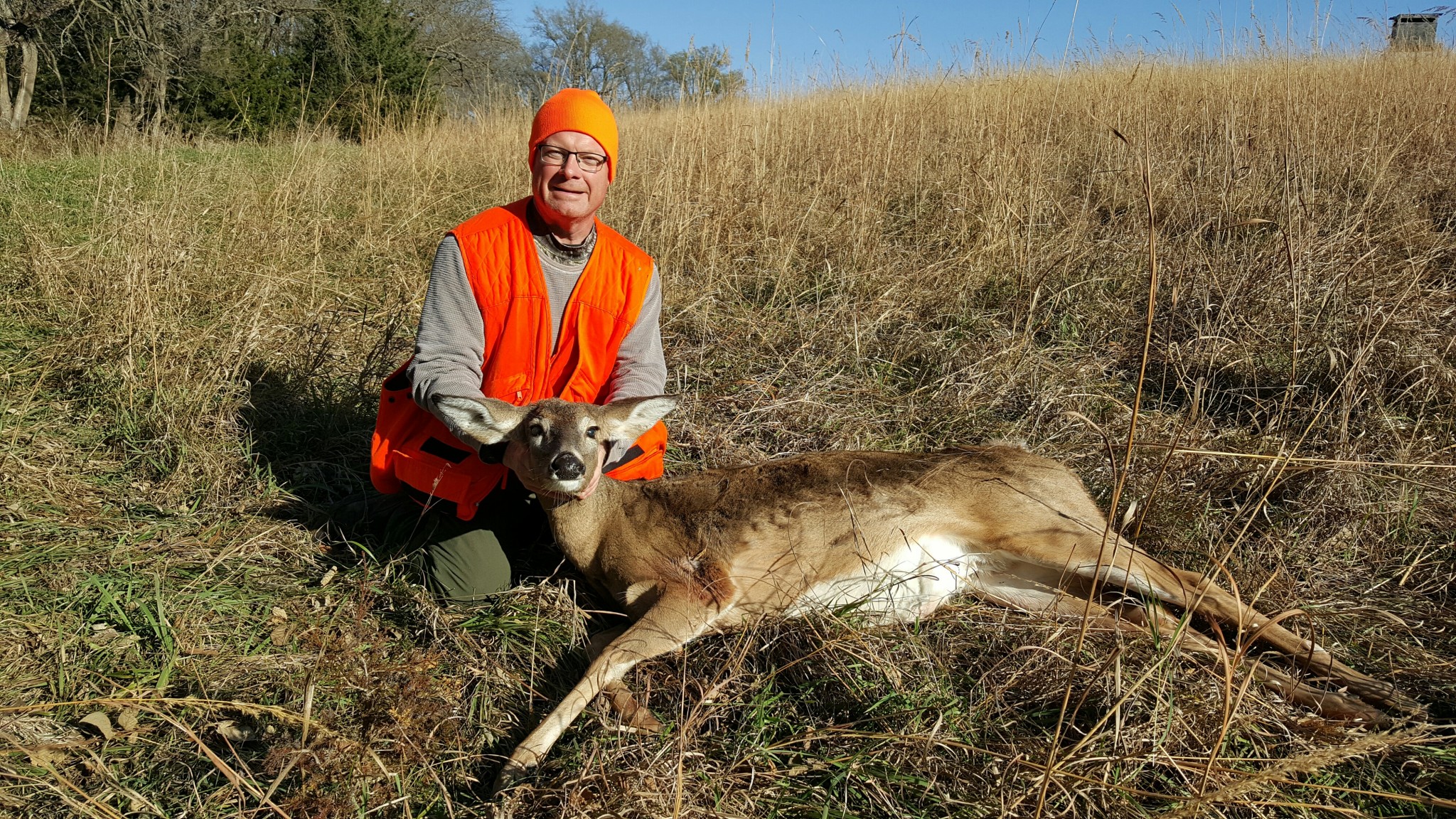
- Leave the ATV or UTV at home. Never show up pulling an ATV or a UTV on a trailer, because many farmers and ranchers don’t want them on their property. Once you gain a landowner’s confidence you might look into the use of an ATV or UTV.
- Help after bad weather. Do show up after a bad weather event to see if the landowner needs help with anything on his or her place with regard to clean up detail or assistance with replacing or restoring things.
- Pertinent contact info. After acquiring permission to hunt from the landowner, make certain you know the best way to get a hold of him or her for future reference.
- What about paying to play? I personally do not pay to hunt, except for taking youth and physically-challenged individuals on licensed Controlled Shooting Areas (hunting preserves) to pursue pheasants and chukars. However, some hunters or groups of hunters that I know do pay money to lease the hunting rights from a private landowner for free ranging game species. Still others I know use hunting outfitters and guides. Please know when money is exchanged, the dynamics change. They can become more complicated. Before you reserve a hunt or enter into an agreement, carefully examine all aspects of it. The Recreation Liability Act needs to be addressed when considering leasing property for hunting and most likely you will need the services of an attorney regarding a contract.
If you’re complaining about not having any private land to hunt, ask yourself: What am I going to do to change my odds? If knocking on a whole bunch of doors means you could make tremendous memories, create lasting friendships and have an opportunity to harvest game for the dinner table, why wouldn’t you do it? GW.
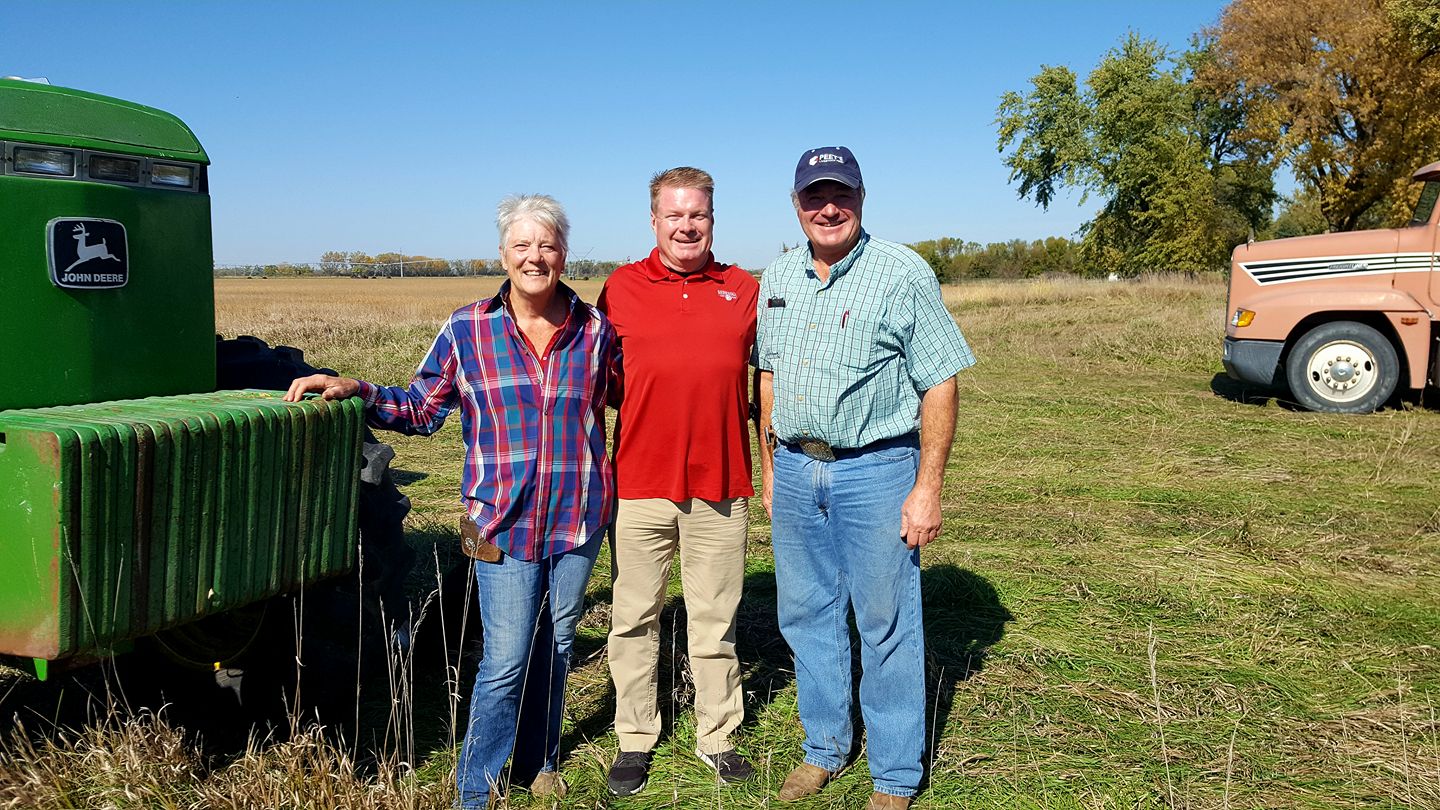
The post Can I Get Permission To Hunt Your Land? appeared first on NEBRASKALand Magazine.













